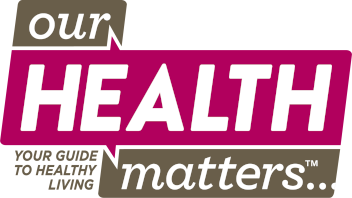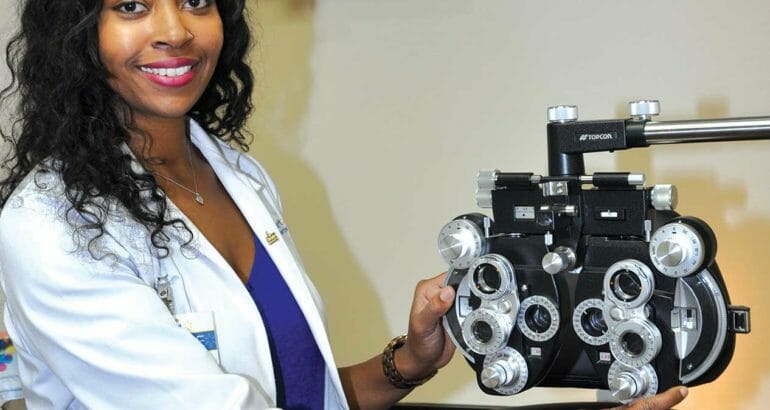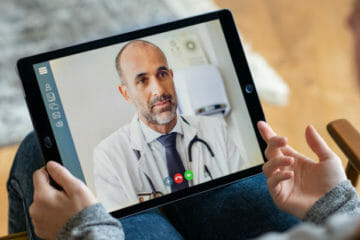By Wynter Rice, OD
As a practicing optometrist, I tell people to never neglect their eyes, but include it as part of their annual health exams. Our goal is to always help individuals and families maintain their healthiest possible vision. Here are a few questions I often get from patients and others:
How often should I get my eyes checked?
Generally, adults between the ages of 18-60 should have their eyes examined every 1-2 years. If there are risk factors present such as high blood pressure, diabetes, high refractive error and a family history of ocular diseases should receive a yearly, comprehensive eye exam, including a dilation. A dilation allows the doctor to view the full retina, or back of the eye. Routine eye exams allow for early detection of diseases and can detect conditions before vision is threatened.
How often should my child get their eyes checked?
The American Optometric Association (AOA) recommends a comprehensive eye exam every 1-2 years, depending on a person’s age and certain risk factors.
For example, children should receive an eye exam at 6 months, 3 years of age, and before they start school. It is estimated that over 80% of what a child learns is processed visually. Once your children reach school age, annual eye exams are just as important as pediatrician visits. An eye exam can detect eye turns (strabismus) or lazy eye (amblyopia). It can also correct refractive error (blurred vision) with glasses or contact lenses, and help ensure success for your child.
Does my child need an eye exam even if they are not complaining or squinting?
Yes, an eye exam can detect if the eye is developing properly, as well as check for strabismus (eye turn) and amblyopia (lazy eye). A screening conducted at a pediatrician’s office or performed by a school nurse does not take the place of a comprehensive eye exam. Routine exams will help ensure your child has the best chance of being successful.
What does an eye exam even check for?
Routine eye exams can help solve common conditions such as nearsightedness, farsightedness, dry eye or eye fatigue (eye strain). Also, common medical diseases such as high blood pressure and diabetes can affect your vision. Having yearly eye exams allow the eye doctor to collaborate with your primary care physician to monitor these diseases, as well as ocular conditions like glaucoma and cataracts.
Should I get an exam from an optometrist or an ophthalmologist?
An eye exam can be performed by an optometrist or ophthalmologist.
What is the difference between the two?
An optometrist, Doctor of Optometry (OD), is specifically trained on the overall health of the eyes. Some optometrists who complete additional training specialize in low vision, contact lenses, pediatrics or ocular diseases such glaucoma and cataracts.
An ophthalmologist is a medical doctor who specializes in treating disorders and diseases of the eye. Their training includes every aspect of eye care.
“I strongly recommend that everyone make eye exams a part of annual health screenings for themselves and their families.” •
About Dr. Rice
Dr. Wynter Rice holds a BS in Biology and a Doctorate of Optometry.
She is an optometrist at the vision care center in Wal-Mart located in Lee’s Summit, MO.
Dr. Rice sees patients of all ages.





